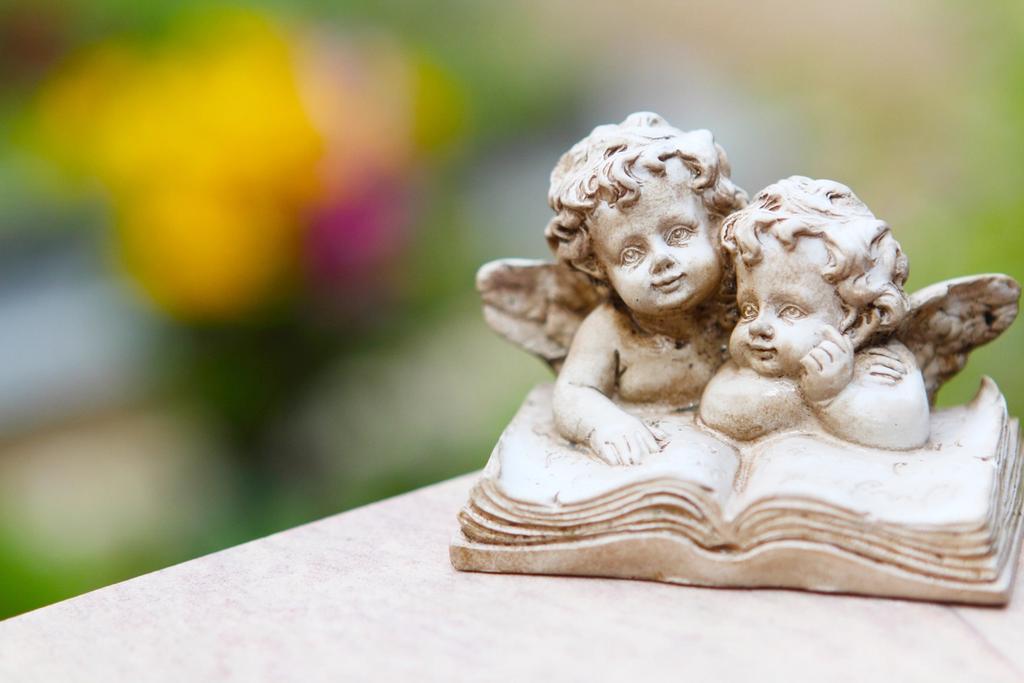What You Need To Know About Eulogies, Tributes, And Other Speeches
A eulogy is a speech given at a funeral to fondly remember the life of the person who died.

The Goals Of A Eulogy
Eulogies are meant to remember the person who died in a positive light, and offer an opportunity to speak about who the deceased was and the ways in which he or she made a difference in the lives of family, friends, and his or her community.
Who Can Deliver A Eulogy
Family members, friends, clergy, and/or funeral conductors often give eulogies. For many people, writing and delivering a eulogy is a deeply emotional experience, and though it can be a positive experience for some, it can be too difficult for others. If you feel you cannot deliver a eulogy at the funeral, ask other family members or close friends if they would like to; there is no shame in passing on the opportunity to deliver the eulogy.
You might consider choosing one person from each area of the deceased's life to speak on a certain theme. For example, you could ask an immediate family member, a business colleague, and a member of a religious group, club, or organization to deliver eulogies. If you'd like, you should feel comfortable asking people to speak on a particular topic, or leaving the topic of the eulogy up to the speaker.
Limiting The Number Of Speakers
At most funerals, eulogies and other tributes constitute the bulk of the service. Think about how many people you would like to have deliver eulogies, and how long you would like the service to last. In some cases, there will be many people who would like to eulogize the person who died, which can be both a wonderful experience and also make for a very long service. If you'd like to limit the number of speakers, it is entirely fair to ask people not to speak in order to keep the service to a certain length.
Religious Considerations
In many religions, the eulogy is delivered by the clergy member who is officiating the service. In many cases, a religious eulogy will focus on the role of God and faith in the life of the person who died, rather than any secular accomplishments. To find out what the customs are in your religion, see our article Religious Funeral Traditions.
If you'd like to have other people speak about the person who died you might have people do that at a reception after the service.
Other Opportunities To Speak At A Funeral Or Memorial Service
Aside from a formal eulogy, there are many opportunities to speak at a funeral. Many people say prayers, recite poems, or tell stories about the person who died. If there are any special readings or anecdotes that you’d like to have shared at the funeral, think about whom you would like to deliver those. Or if there are particular people who you would like to speak at the funeral, think about whether you’d like to choose readings for them or whether you’d like to let them choose what to say.
For other ways that friends and family can participate in the service, see our article Plan the Funeral or Memorial Service.
- How To Express Sympathy: What To Say And What...We’ve compiled a list of things to say—and things to avoid saying—when...Read more
- A Quick Overview Of Proper Funeral EtiquetteFunerals are emotionally complex, and knowing how to act can present a...Read more
- The Five Stages Of GriefAfter experiencing a loss, it's common to go through a range of emotions...Read more
- Funeral Pre-Planning Cheat SheetPlan now, rest later.Read more



